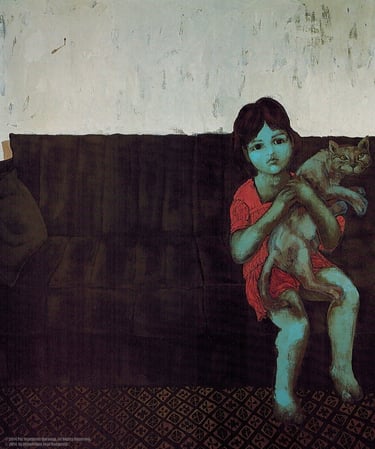About Venturelli…
Cen Long
6/15/2016
By José Venturelli
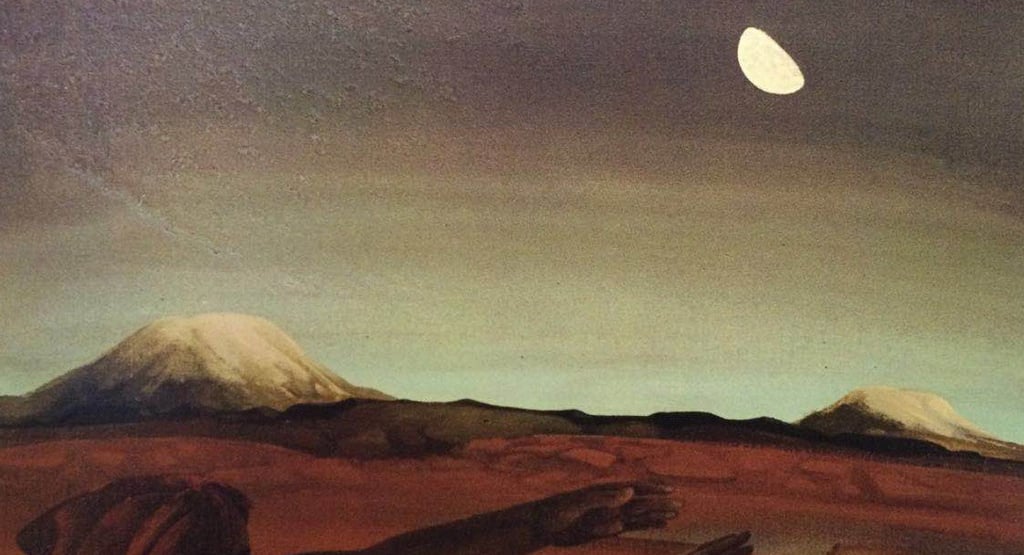

In the late 80s, my painting Twilight Snow, was admitted to China’s first oil paint exhibition. So as if under queer circumstances and chances, I was acquainted with the Wuhan Provincial Federation of Literary and Art Circles, and earned temporary, the right to use a studio at the Wuhan Art Academy, where I ate, lived and painted. That was when the belief in Cultural Revolution was just overthrown, and all ideologies just begun to spring from suppression. There was hardly any circulation of books on literature and art, only some government supervised organizations still possessed collections of such books, like government owned libraries and some departments relevant to publishing and producing art. Books, especially those related to art, were extremely rare.
Working under the Federation was stressful, to ensure employment, one had to squeeze out outstanding works to submit to the national art exhibition each year. Works would be examined at multiple panels, and even if it made to Beijing, there was a large possibility it wouldn’t be considered even as qualified. There was a small library there, however, and it was the only place I could feel the happiest. There was a showcase, exhibiting an elaborate collection of hardcover albums. I discovered a large album made by octavo pages, it was published by the people’s fine art publishing house in 1984 and print the fine works of Chile artist Venturelli. The edition was very limited and this copy was a gift to the federation. I was deeply enchanted by the works in the album. They were visually powerful and extremely majestic, it hints a familiarity that I have no knowledge of. His artworks were luring.
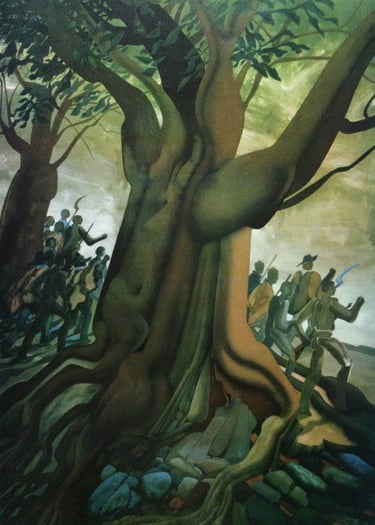

Venturelli expresses the vivacity and bold character of South Americans in his work, but he maintains the European modernist style of sophistication and delicacy. The unique character of Venturelli’s works roots from his upbringing and cultivation. His father was an Italian, who was banished to Chile from organizing a socialist part in Lombardia, married a southerner from Chile. Venturelli uses color economically, however, with his brilliant use of textures and layers, his works appear rich and majestic. Many volcanic mountains are present in his paintings, tropical forests and plateau sieges the viewers, all these awe me. The characters he portraits are special and unique, carrying on melancholic glances with their large eyes, they appear unflinching and concentrated. Venturelli paints the sea, traveling flocks; solitary islands are presented through his retina. In the landscapes, one can sense a very deep but vast and prevailing aura of solitude, and an everlasting affection towards his roots and humanity. The kind of love is nothing like the explosive and evasive emotion of many other artists, it is a still silence. The powerful potential unseen before a volcano finally erupts.
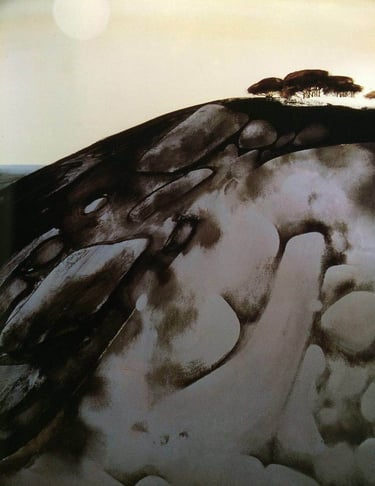

I really admire this sort of unapparent deepness, its power on the human soul is much much more intense then some ostentatious emotions. I once wrote, “I avoid yelling and shouting, and rather converse with another gently. I never rub my attitude in another’s face, because I acknowledge that menacing and unreal exaggeration are the embodiment of impotence” What I was trying to reveal is my liking to an ideal somewhat similar to Venturelli’s expressionism, which is his attitude towards creating art.
By José Venturelli
By José Venturelli
Lota Winter Evening is a rather small work, nevertheless, the liveliness of its spirit is very impressive. On a tranquil evening, the gigantic sun has lots its fervent flame, and is quietly descending in a mist of gentle yellow. In a sharp contrast, a large area of dove grey, light blue colored mountain silently awaits the night to fall. The painter used the traditional Chinese way to scratch out rocks with brown colors, forming a transitory and buffer area between the yellow and purplish blue, while the rocks blends in harmonically into blocks of colors due to the block-like conformation rendered by the uniform movement of a big brush. The works are well-proportioned with dense and loose patches; there are big areas of bright color, there are also the details of trees enclosed by mist. The works are simple but not plain. He appears to use a limited variety of colors, however, the wide range of textures and touches he employs invents very rich views. The way Venturelli depicts mountains in blocks became his distinguished way of painting, and a representative symbol in his works.
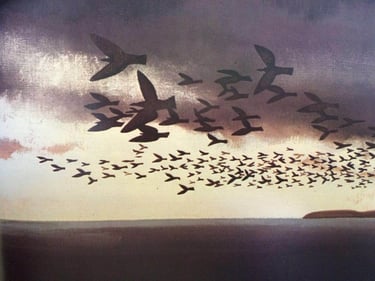

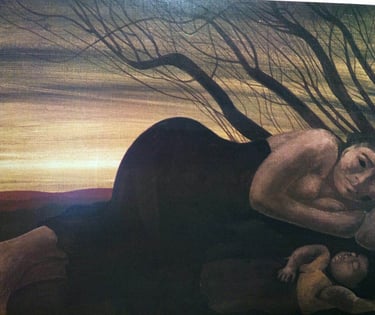

By José Venturelli
By José Venturelli
In another painting: Motherhood in Early Morning, he began by dealing the sky and ground as two distinctive parts. He attenuates the uniform background with heavy colors, and darkens the skin tone of the child and mother as to blend the figures to the earth. The figures of the mother, her head, feet extend to outside the painting’s frame, insinuating an incarnation of mother earth. The mother is awake with her eyes wide open, she tends the sleeping kid with affection, and the child is almost invisible within the embrace of the mother and earth. Everything is veiled in a dreamlike tranquility, only the canopy in the background greets the morning ray. If it was a mother raising her child high up to face the ascending sun, the deep meanings and hints in the painting might be lost. The figure in the painting has the typical features of a South American mountain dweller, wholly devoid of any fashionable affectation. This is a very sound depiction of characteristics, and touches me with a sincere familiarity. A very tangible and palpable feeling of being cherished as loved one, is the painter’s gift and imprint to the people of his same origin with all his heart.
Venturelli molds his emotion into all his paintings; every scene, style and detail. His paintings often prevail a melancholic air that is both grave and sentimental, it is his noble concerns for his country and race. His dignity and idealism makes him never susceptible to affectation, sweetness or an eagerness to appeal to the general, anything that might erode his works as he proceeds with more advanced understanding and techniques. My idea is that; this passion is what separates the truly great works from the vulgar.
By José Venturelli
